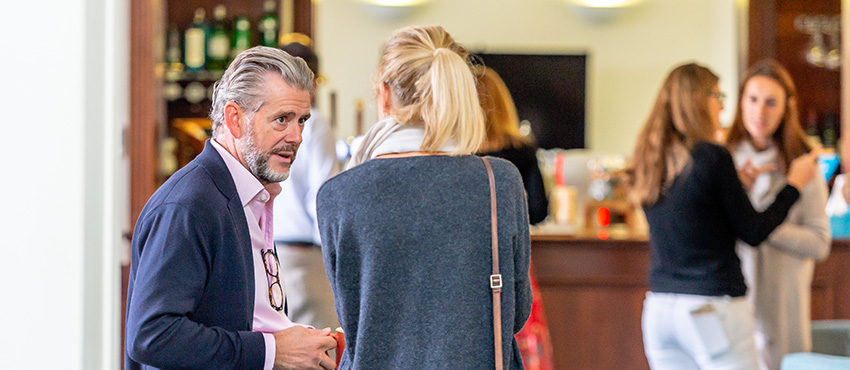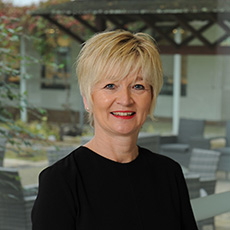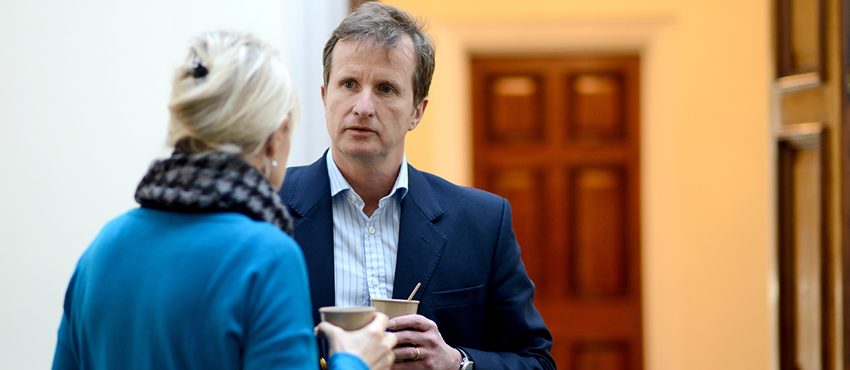In Western culture, it is generally considered both logical and effective to focus on problems and their causes in order to find a solution. The solution-focused approach challenges this mindset; it avoids analysing the problem and instead the coach focuses the coachee on identifying solutions. Studies have shown that concentrating only on solutions and encouraging individuals to focus on their strengths can enable them to reach their goals in less time than problem-focused approaches.
What is solution-focused coaching?
Solution-focused coaching can help coachees and employees to focus on what is possible, rather than the problem they face or the ideas which are outside of their grasp.
The basic principle of the solution-focused work is to discuss solutions instead of problems. The coach or manager implies that the coachee has already reached the solution and needs ‘only’ to document the steps and resources needed to reach it.
Where does it come from?
The original idea came from the Milwaukeeʼs Brief Family Therapy Centre and the work of Steve de Shazer, Insoo Kim Berg and Yvonne Dolan. Over the course of about 20 years, a group of scientists investigated the art of reducing counselling to the minimum number of sessions through high-intensity sessions. This resulted in the development of solution-focused brief counselling, which has claimed from an average of three meetings, each lasting 50 minutes, a success rate of 86%, as shown by studies carried out after 6 and 18 months (de Shazer, 1991).
OSKAR model
OSKAR is a framework that can be used to structure a solution-focused coaching conversation (Jackson & McKergow, 2007).
1. Outcome
- What is the objective of this coaching?
- What do you want to achieve today?
- What does success look like?
2. Scaling
- On a scale of 0–10, with 0 representing the worst it has ever been and 10 the preferred future, where would you put the situation today?
- You are at N now; what did you do to get this far?
- How would you know you had got to N+1?
3. Know-how and resources
- What helps you perform at N on the scale, rather than 0?
- When does the outcome already happen for you – even a little bit?
- What did you do to make that happen? How did you do that?
4. Affirm and action
- What is already going well?
- What is the next small step?
- You are at N now; what would it take to get you to N+1?
- What else could you do to move to N+1?
5. Review
- What is better?
- What did you do that made the change happen?
- What effects have the changes had?
- What do you think will change?
The OSKAR model incorporates a number of the commonly used tools in a solution-focused approach, including scaling.
Learn more about the coaching programme offered by Henley Business Shcool in Helsinki and attend one of our information meetings.
de Shazer, S (1991) Putting Differences To Work. New York: Norton
Grant, A (2012) Making positive change: a randomized study comparing solution-focused vs. problem-focused coaching questions. Journal of Systemic Therapies, 31 (2), 21–35
Grant, A (2016) Solution-focused coaching. In: J Passmore (ed) Excellence in Coaching: The Industry Guide, 3rd ed. London: Kogan Page
Grant, A M & O’Connor, S A (2010) The differential effects of solution-focused and problem-focused coaching questions: A pilot study with implications for practice. Industrial and Commercial Training, 42 (2), 102–11
Jackson, P & McKergow, M (2007) The Solutions Focus. The SIMPLE Way to Positive Change, 2nd ed. London: Nicholas Brealey Publishing
O’Connell, B & Palmer, S (2008) Solution focused coaching. In: S Palmer and A Whybrow (eds) Handbook of Coaching Psychology. Hove: Routledge








